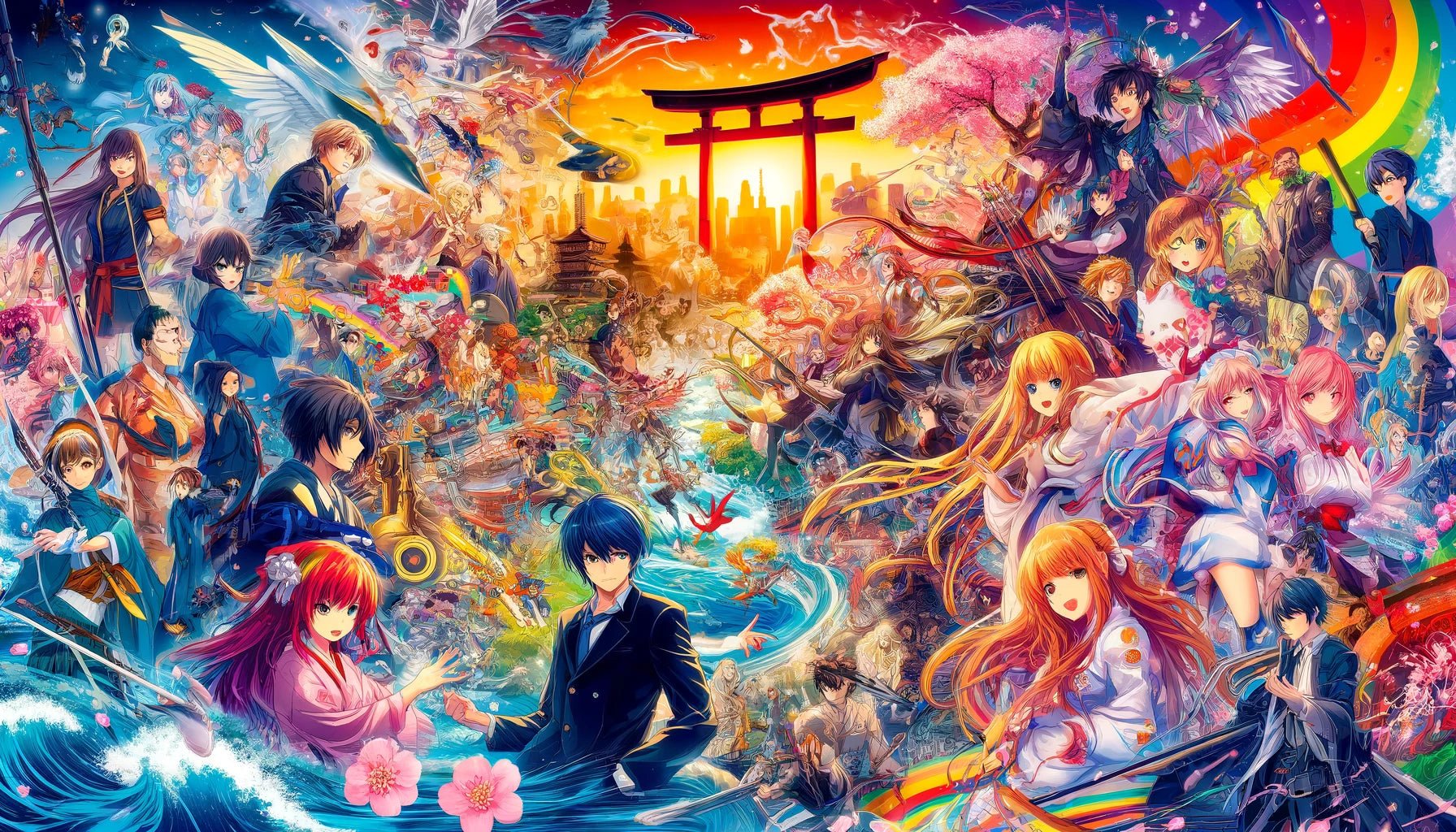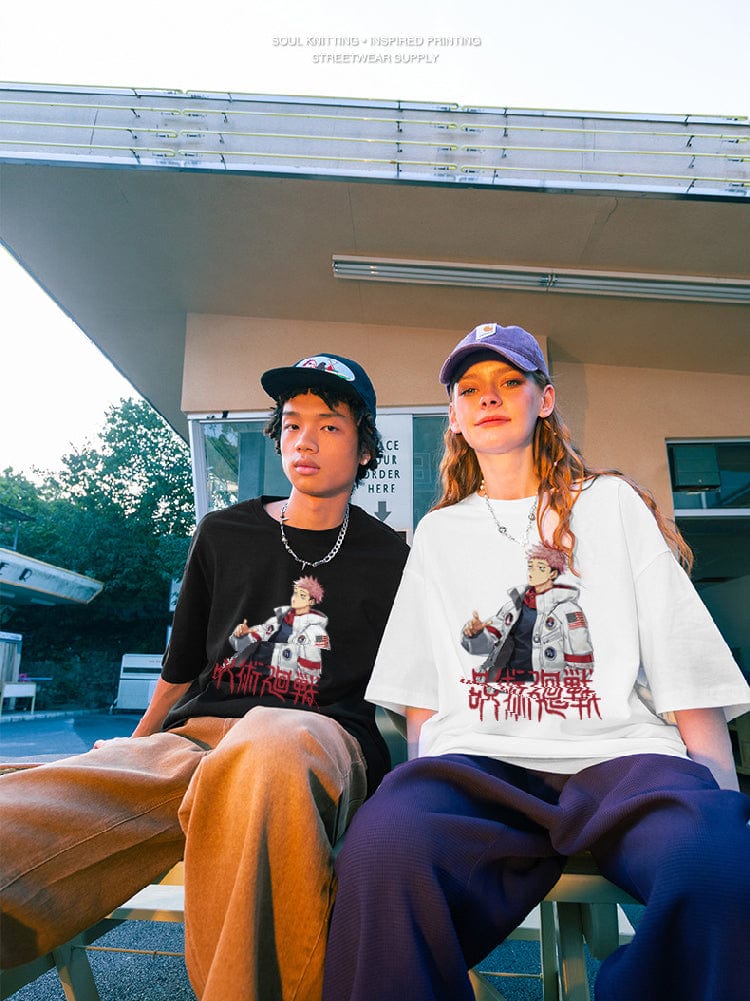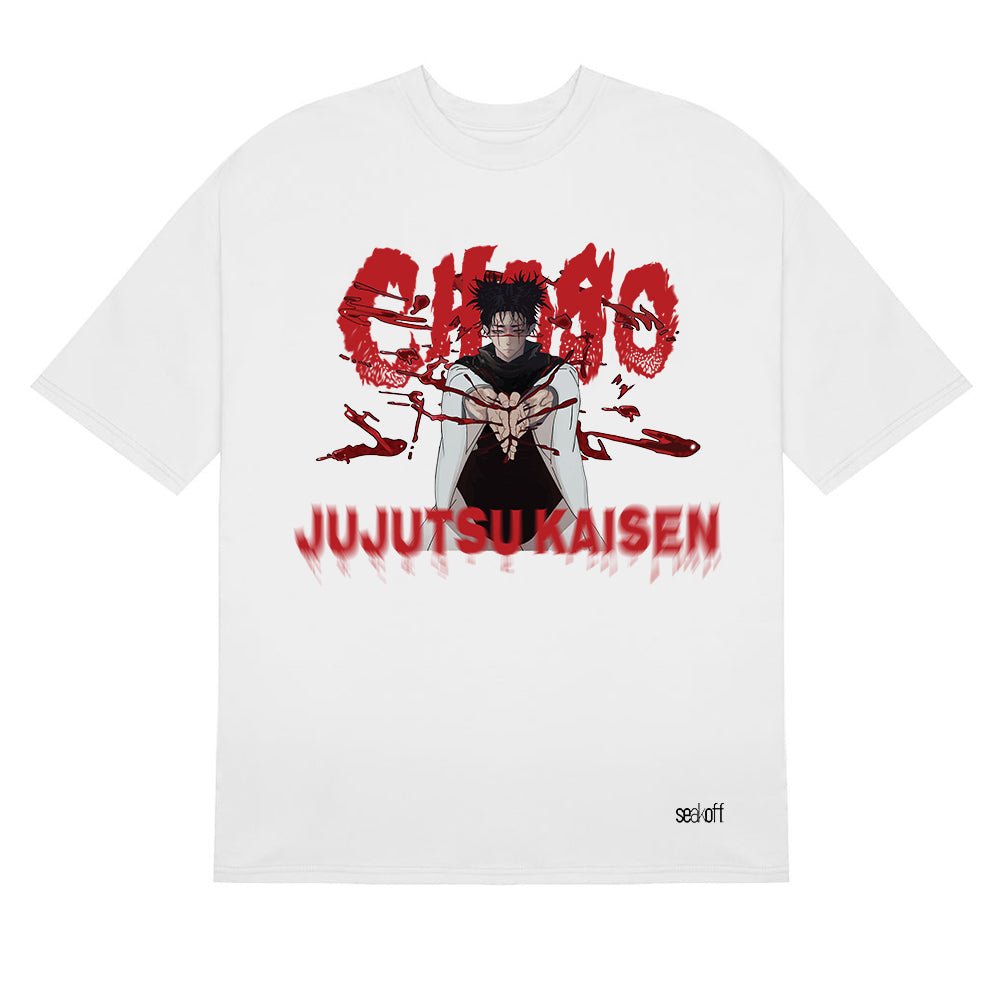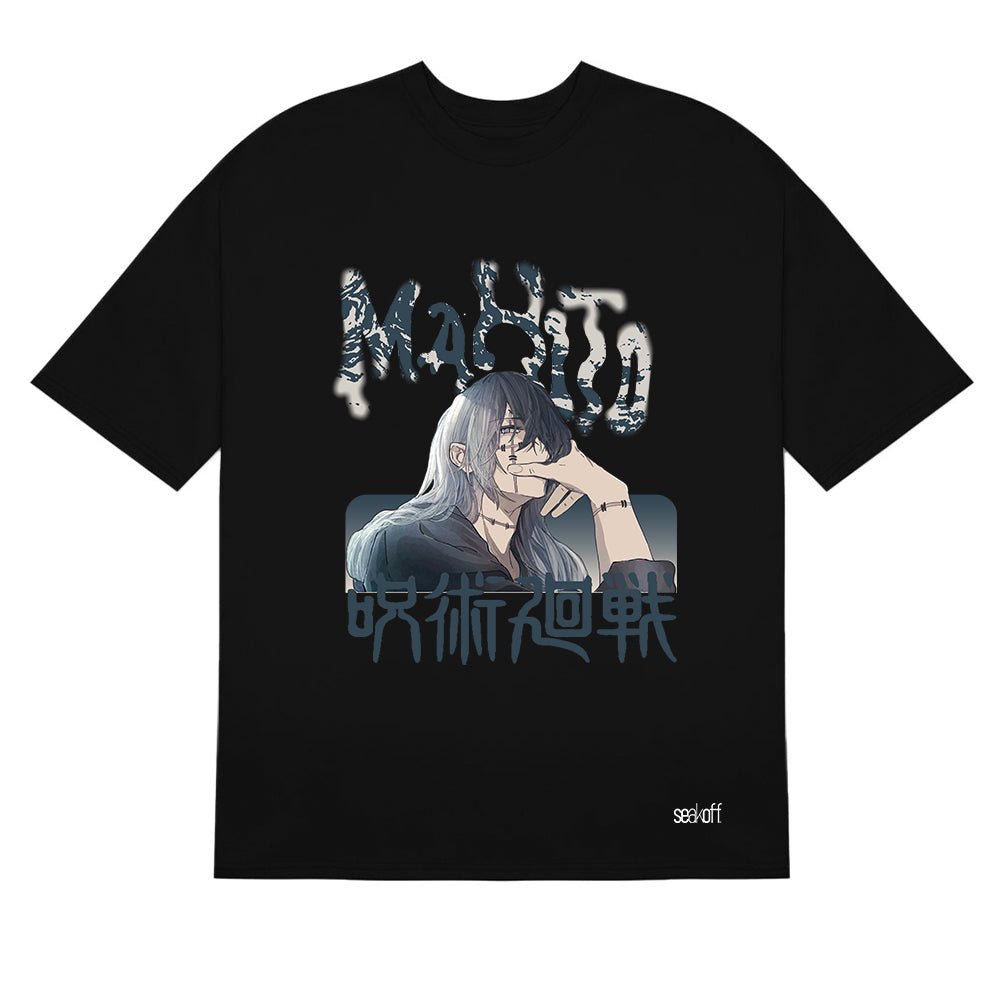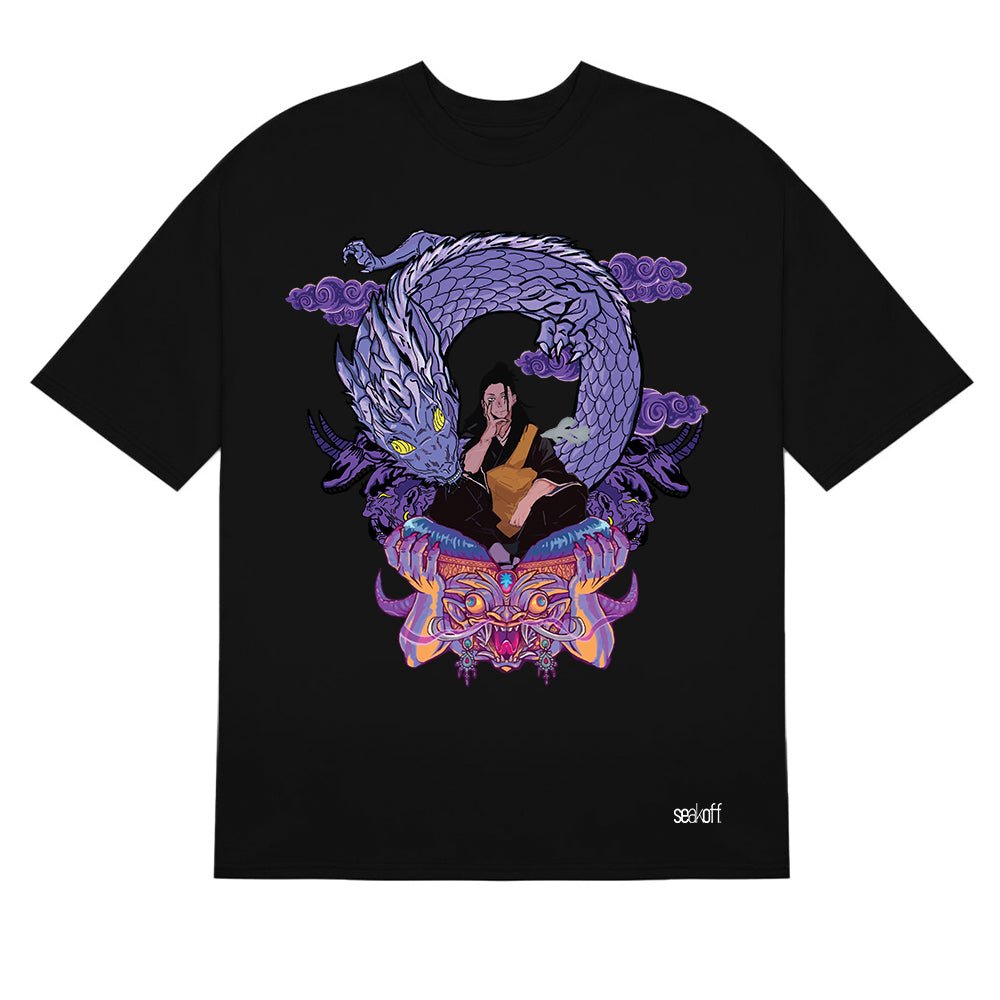Anime has become a global phenomenon, captivating audiences with its unique storytelling and vibrant art style. But what exactly is anime? In this expert guide, we'll explore the true definition of anime, its origins, and what sets it apart from other forms of animation.
What is Anime?
Anime is a style of animation that originated in Japan and has since gained worldwide popularity. It encompasses a wide range of genres and themes, appealing to both children and adults. Unlike Western cartoons, anime often features complex storylines and character development, making it a versatile medium for storytelling.
Anime Definition
The word "anime" is derived from the English word "animation," but in Japan, it refers to all forms of animated media. Outside of Japan, however, anime is specifically associated with Japanese animation. This includes TV shows, movies, and web series that are characterized by their distinct artistic styles, including colorful artwork, vibrant characters, and fantastical themes.
Anime: What Is It?
To truly understand anime, it's important to recognize its cultural and artistic significance. Anime often reflects Japanese culture, societal norms, and values. It covers a wide range of genres such as action, adventure, comedy, drama, fantasy, magic, horror, mystery, psychological, romance, and science fiction. This diversity allows anime to resonate with a broad audience.
Key Characteristics of Anime:
- Art Style: Anime features unique character designs with exaggerated facial expressions, large eyes, and detailed backgrounds.
- Storytelling: Anime often includes complex plots and character development, appealing to a wide age range.
- Cultural Themes: Many anime series incorporate elements of Japanese culture, history, and mythology.
Origin of Anime
The history of anime dates back to the early 20th century. The first known anime was created in 1917, and the medium has evolved significantly since then. The post-World War II era saw the rise of major studios like Toei Animation and Mushi Production, which produced some of the first anime TV series and films.
Pioneers of Anime:
- Osamu Tezuka: Often referred to as the "God of Manga," Tezuka's work laid the foundation for modern anime. His creation, "Astro Boy," is one of the most iconic and influential series in the history of anime.
- Hayao Miyazaki: Co-founder of Studio Ghibli, Miyazaki's films like "My Neighbor Totoro" and "Spirited Away" have received international acclaim and have significantly contributed to anime's global appeal.
What is an Anime?
To summarize, anime is a diverse and culturally rich form of entertainment that goes beyond simple animation. It is a medium that combines artistic expression, storytelling, and cultural themes to create compelling and immersive experiences for viewers. Whether you're a seasoned fan or new to the world of anime, understanding its definition and origins enhances your appreciation of this unique art form.
Conclusion
Anime is more than just a style of animation; it's a cultural phenomenon that has captivated audiences worldwide. From its origins in early 20th-century Japan to its current global influence, anime continues to evolve and inspire. By exploring the true definition of anime, we can appreciate the depth and creativity that this medium offers.
Dive into the world of anime with Seakoff and discover the endless possibilities it holds. Whether you're interested in the rich history, unique art style, or diverse genres, anime has something for everyone. Happy watching!


